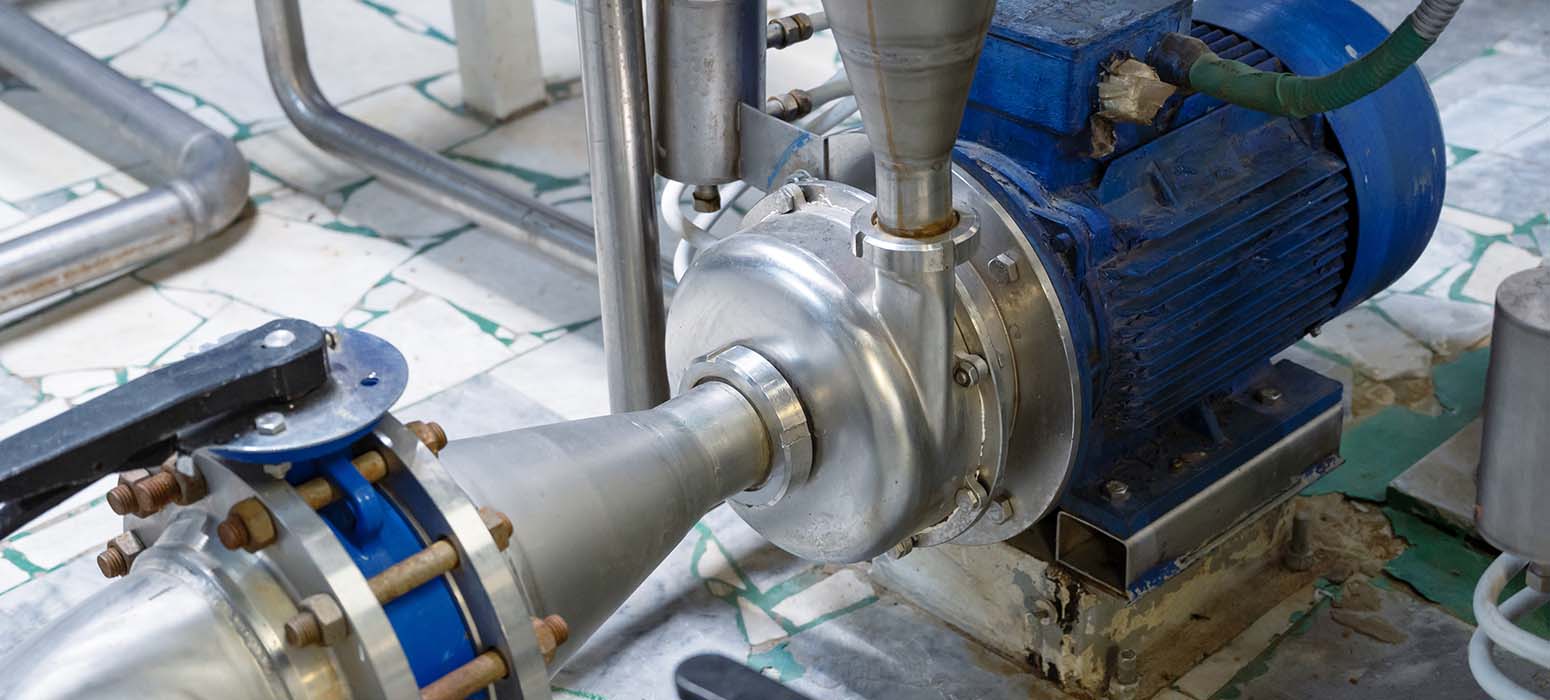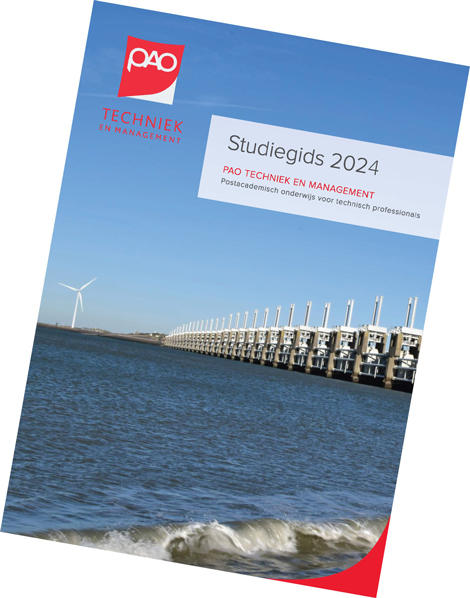Chemical Engineering - Mixing and Stirring
Learn to use traditional and new mixing and stirring techniques and improved tools to optimize and scale your processes.

Increase homogeneity and control transfer rates, reactions and structural changes
Mixing is a fundamental unit operation in the chemical, pharmaceutical and food process industries. Mixing increases the homogeneity of a system by reducing non-uniformity or gradients in composition, properties or temperature. Besides the primary objective of homogeneity, secondary objectives of mixing include control of heat and mass transfer rates, reactions and structural changes.
The mixing and/or agitation of solids, liquids and gases is one of the key unit operations. Different types of system are required for different mixing operations in the industry. Unique design challenges apply to chemicals or food mixing where food properties such as texture, flavour, shelf-life and safety must be considered. The equipment must handle different rheological properties and still be effectively cleaned. Although categorization of mixing equipment is difficult, some mixers are used primarily for either liquids or powders, whereas others are employed for combinations of liquids and powders.
- Solid–solid mixing: ensuring that all the ingredients in a cereal box are mixed uniformly to provide consistent nutrition according to labelling, for textural effects, or to give a specific taste.
- Solid–liquid mixing: the addition of solids to liquids is involved in the reconstitution of fluids, such as addition of coffee, milk and sugar to hot water. The addition of liquid to solid systems is the key to the production of many food batters, pastes and doughs.
- Liquid–liquid mixing: the creation of liquid–liquid emulsions is central to the manufacture of margarines and spreads.
- Gas–liquid mixing: ascertaining that enough air is mixed into the liquid of a fermenter (bio-reactor) to ensure microbial growth is not oxygen limited.
How should new mixing problems be solved?
Solutions for new mixing problems require answers to the question “Why?” as well as “How?” This question is best addressed with a good understanding of both the process and the underlying fundamentals. This requires discussion with both operations and developmental chemists. It is often well served by reposing the question “How can we scale this up?” as “How can we scale down the process equipment to closely replicate plant conditions in the lab?” This question often opens the door for discussions of geometric similarity and matching of mixing conditions. Good experimental design based on an understanding of mixing mechanisms is critical to obtaining useful data and robust solutions.
After completing this course you are able to:
- Evolve useful methods for mixing processes
- Use traditional correlations as well as increasingly effective methods both for experiments and for simulation and modelling of complex operations
- Use improved tools for development of scalable operations.
- Evaluate and use these technologies effectively in process development and scale-up.
Intended for
The course is meant for engineers, technologists, designers with a chemical, process, technological or mechanical background on bachelor or master level.
Within the program you can take six other courses. View them all on the page Chemical Engineering.
Course leader
drs. ir. Johan Krop
PAOTM is rated with an average of
Program manager
Why PAOTM
-
The latest post-academic knowledge and skills
-
Focused on questions that arise in a technical environment
-
Interactive and directly applicable in practice
-
Top teachers from science, research and business
Frequently asked questions
Program
The program will follow soon.
- Registration
- Opening
- Stirring technology
- Break
- Fluid mixing technology
- Lunch
- Particle mixing technology
- Break
- Stirring equipment & scale up
- Wrap up & course evaluation
Course leader
drs. ir. Johan Krop
PAOTM is rated with an average of
Frequently asked questions
Dates and locations
Below you will find an overview of the available dates and locations. You can register immediately by clicking on the 'Register' button.
Investment
- Bovengenoemde prijs is exclusief 21% btw
- Inclusief koffie, thee, lunch en (digitaal) cursusmateriaal
Frequently asked questions
In-company
Are several employees interested in the same course, do you want to enrich knowledge with the entire team or focus on your own practice? Then an in-company course could be interesting. We are happy to think along with you about the possibilities. PAOTM has extensive experience in organizing in-company courses in many technical fields for a wide range of companies. You can choose to have an existing course organized in-company for multiple employees. However, if you have a specific organizational or departmental issue, we can also design a unique course. For every customized request, we search our network at universities, knowledge institutes and the business community for the right teachers who can provide your team with the desired knowledge. We then put together a course based on your training needs, learning needs and organizational goals.
Curious about the possibilities? Contact one of our program managers or complete the form below. We are happy to make you a suitable offer.
FAQ's
In-company request
"*" indicates required fields
Program manager
In-company courses of PAOTM are rated with an average of
Why In-company
-
A course tailored to your specific needs
-
Get started right away with your own cases
-
Led by top teachers with the most up-to-date knowledge
-
You choose where and when: always efficient
-
The entire team trained simultaneously
-
Customization possible in all our fields
Download the Study Guide
Would you like a complete overview of all our courses and trainings? Download the digital study guide!

Upcoming dates
Chemische Technologie - Mengen en Roeren

Is your desired date not listed?
Sign up for the interest list. We will inform you as soon as a new date is planned.
Our corporate partners
Subscribe for the newsletter
In our monthly newsletter we inform you by e-mail about courses, trainings, news and developments in the various fields of PAOTM. Select the topics of your interest!
Download the Study Guide
In addition to the course offerings, the Study Guide also contains the themes that we will further develop next year. Would you like a complete overview of our courses and training in your field(s)? Request the Study Guide and receive it digitally.









